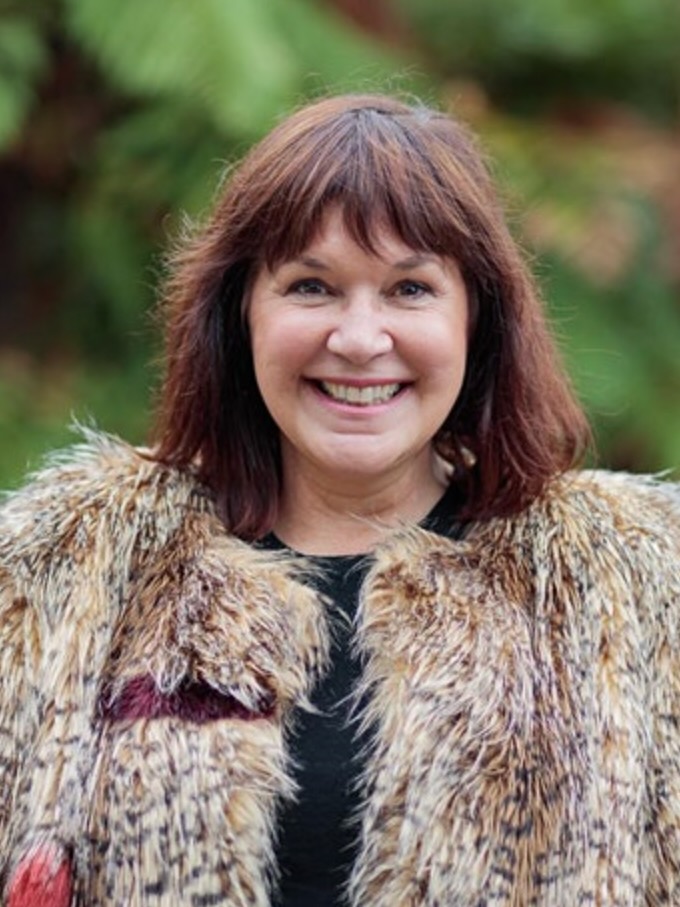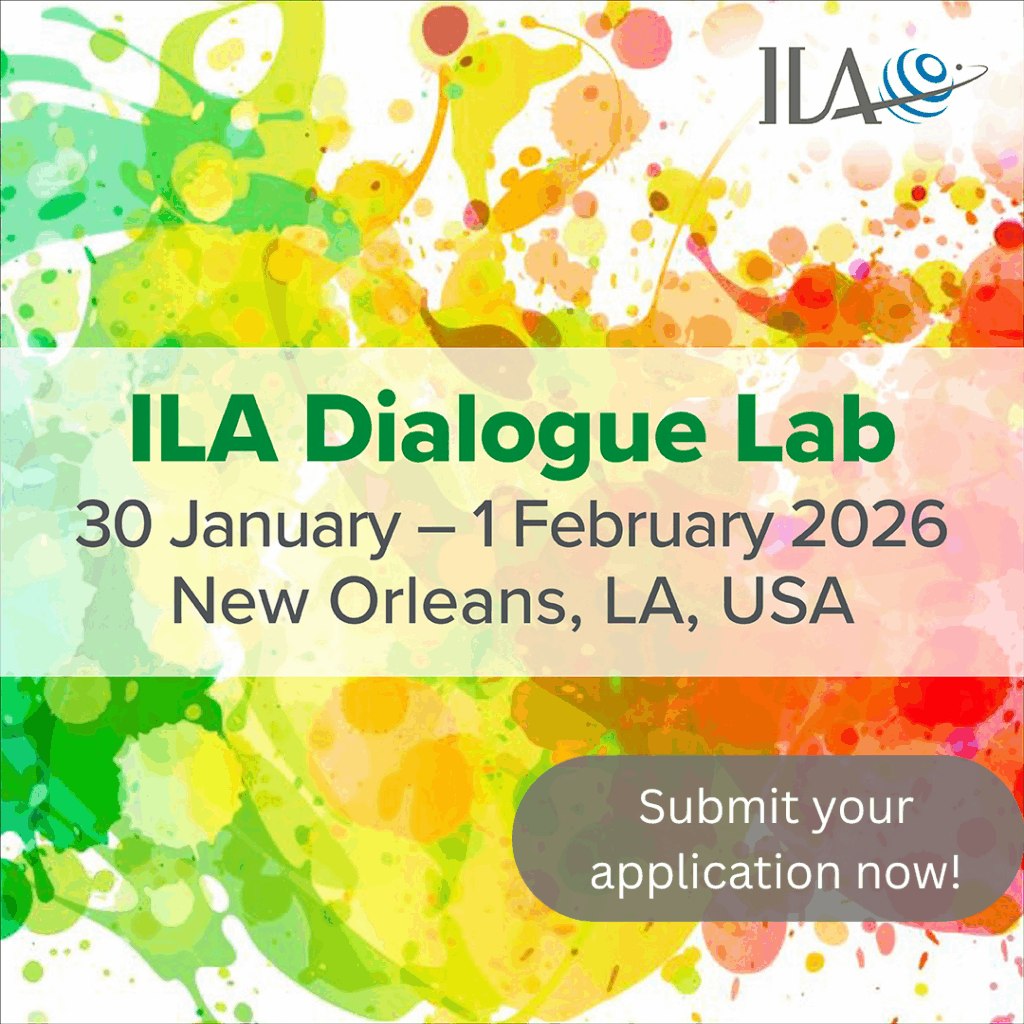
by Professor Chellie Spiller, Fellow, International Leadership Association
- 25 January 2022
Share:
The energy an organization exudes has been described by Ghoshal and Bartlett (1994, p. 94) as “the smell of a place” and shaping this smell is a critical responsibility of leaders. Think of the workplaces, stores, cafés, and restaurants you have been to that emanate a negative vibe, they can feel heavy, stressful, indifferent, cold, dispirited, and dysfunctional. Yet, many leaders overlook the importance of cultivating and nourishing the vibe of an organization.
From an indigenous Māori perspective, we pay attention to this vibe and recognize that nourishing different life-energies can revitalize relationships and is an important dimension of organizational thriving. In our worldview, we dwell within a “woven universe” (Marsden, 2003) and various energies ply the field of human experience. Such energies can be glossed as mauri (life force, vital essence), mana (empowerment, inherited and endowed authority), wairua (spirituality), hau (reciprocity), ihi (spark, magnetism), wana (to be thrilling, rousing), wehi (to ignite awe) and many more. If we disregard energy dimensions, in the context of organizations, the organization’s vitality can be degraded, unhealthy and even become toxic.
A key point for leaders is to nurture awareness of energies and to not let things get into a bad state, a negative vibe. One particular energy is mauri, which is described as an energy that “is immanent in all things, knitting and bonding them together” (Marsden, 2003, p. 47). From a Māori perspective, everything has its own vital mauri from rocks, trees, waterways, and creatures — all have their own unique life force and intrinsic worth. We have an abiding belief that when the mauri of all is healthy, we are healthy. The things we create and how we care for them also generate a mauri, a life force. If a facilitator runs a workshop in a particular state, they are creating a mauri. Or, if a leadership team is working on a strategy amidst hidden agendas, harmful intentions, or negligence about the wellbeing of people and ecologies, then that strategy will have and will produce negative mauri. If someone is going about their work in a bitter, cynical, or resentful way, putting out negative vibes day after day, that will eventually affect the overall mauri of the place. Clearing toxic and unhealthy energy is not uncommon in New Zealand in all manner of organizations. For example, after particularly difficult or concerning events, workspaces and land may be cleared. People may be called in a gathering to clear the air and release hurt, distress, and suffering. Such activities occur under the expert guidance of a tohunga (a recognized expert steeped in appropriate cultural authority).
An organization’s mauri can, therefore, be considered the sum of all its processes, treatment of people and the environment, its culture, the state of its physical spaces, and so forth. “An organisation may be proficient at generating a profit, but if the mauri is the price paid for that profit – then, in Māori terms, that organisation is not a success” (Spiller & Stockdale, 2013, p. 24). Whilst energies like mauri can be dismissed by some as nebulous and defy reductionist KPIs and indicators, peoples’ lived experience of the vibe of a place is palpable and can be nurtured in conscious ways by leaders:
When people in an organisation tune into it as a living form, treating it as an extension of themselves, they develop a deeper relational quality that is response-able, and they take responsibility for their part. They begin to see that their wellbeing depends on the wellbeing of all, including the ‘resources’ that make up the physical, spiritual, social and cultural dimensions of the organisation. The potential of this for modern organisations is significant. It is not just the leader responding, listening and feeling, but everyone in the organisation tuning in and being part of that vibe. They see how their activities, attitude and behaviour coalesce to imbue the organisation with its life force (Spiller et al., 2015, p. 96)
Whitehead (1978, p.3) said that “no entity can be conceived in complete abstraction from the system of the universe…” and Western conceptualizations appear to be moving from a mechanistic understanding of the universe towards a quantum resonance with Indigenous worldviews. Mechanistic worldviews have imprinted organizational forms and influenced leadership and managerial approaches around key tenets such as specialization that imposes divisions disconnected from context, hyper-individualization, and, oftentimes, a reductionist, rationalistic logic that permeates all decision making. A quantum understanding of the universe holds more promise of paying attention to the energy dimensions of life and for leadership. In particular, Rovelli’s (2020/2021) relational quantum theory emphasizes how properties are interpreted as things that come into interaction with something else. This is a move away from observation and observables to interactions. Thus, economy, psychology, biology, he says, are all about relations.
For many Indigenous peoples, our institutions have been modeled on a relational view of the universe whereby humans self-actualize in relationship to all of creation and the notion of “I belong therefore I am” rejects the Cartesian premise of “I think therefore I am” (Spiller et al., 2011). Organizations reflecting a relational worldview are conceived as complex, interconnected, and dynamic with cascading effects throughout the organizational ecosystem. They tend to the wellbeing of people, communities, and economies and seek to be mindful of tangible and intangible impacts. As we head deeper into 2022, perhaps it is timely to consider the vibe we are emanating in our endeavours in the field of leadership.
The ideas presented in this article are placed as an offering on the whāriki (mat) of the field of leadership in organizations to support enquiry into more humanistic, spiritual, and relational ways that attend to sources of wellbeing. Readers are encouraged to find their own ways of bringing new life to their organizations through careful consideration of context under the guidance and tutelage of appropriate mentors and elders. In my next ILA blog, I will be exploring the secret life of rocks, mauri stones, and considering implications for leadership.
References
Ghoshal, S., & Bartlett, C. (1994). Linking organizational context and managerial action: The dimensions of quality of management. Strategic Management Journal, 15(S2), 91-112. https://doi.org/10.1002/smj.4250151007
Marsden, M. (2003). The woven universe: Selected writings of Rev. Māori Marsden. (Te Ahukaramū Charles Royal, Ed.). Estate of Rev. Māori Marsden.
Rovelli, C. (2021). Helgoland: Making sense of the Quantum revolution (E. Segre& S. Carnell, Trans.). Riverhead Books. (Original work published 2020)
Spiller, C., Barclay-Kerr, H., & Panoho, J. (2015). Wayfinding leadership: Ground-breaking wisdom for developing leaders. Huia Publishers.
Spiller, C., & Stockdale, M. (2013). Managing and leading from a Māori perspective: Bringing new life and energy to organizations. In J. Neal (Ed.), Handbook for faith and spirituality in the workplace (pp.149-173). Springer Publishing Company.
Spiller, C., Erakovic, L., Henare, M., & Pio, E. (2011). Relational Well-Being and Wealth: Māori Businesses and an Ethic of Care. Journal of Business Ethics, 98(1), 153-169. https://doi.org/10.1007/s10551-010-0540-z
Whitehead, A. J. (1978). Process and reality: An essay in cosmology – Corrected Edition. The Free Press.

Chellie Spiller is a professor of leadership at the University of Waikato Management School, Aotearoa New Zealand. Her research explores wayfinding, authentic leadership and how businesses can create sustainable wealth and wellbeing. Chellie is a co-author of a book on traditional Polynesian navigation Wayfinding Leadership: Groundbreaking Wisdom for Developing Leaders (2015) with Hoturoa Barclay-Kerr and John Panoho. Wayfinding Leadership is a best-selling book for Huia Publishing. It was shortlisted for the Māori Book of the Year awards, 2016. Wayfinding Leadership is included in the list of 150 books by leading Māori authors assembled by the Royal Society of New Zealand to celebrate 150 years of Māori non-fiction publications. Wayfinding Leadership has catalysed a new approach to leadership development that is growing fast and programmes are currently being taught nationally and internationally. In 2013 her co-edited book with Donna Ladkin, Reflections on Authentic Leadership: Concepts, Coalescences and Clashes (Edward Elgar Press) was short-listed for an international leadership book award. Chellie’s latest book is Practical Wisdom, Leadership and Culture: Indigenous, Asian and Middle-Eastern Perspectives co-edited with Ali Intezari and Shih-Ying Yang. The stories from contributors around the world are illuminating and inspiring.

